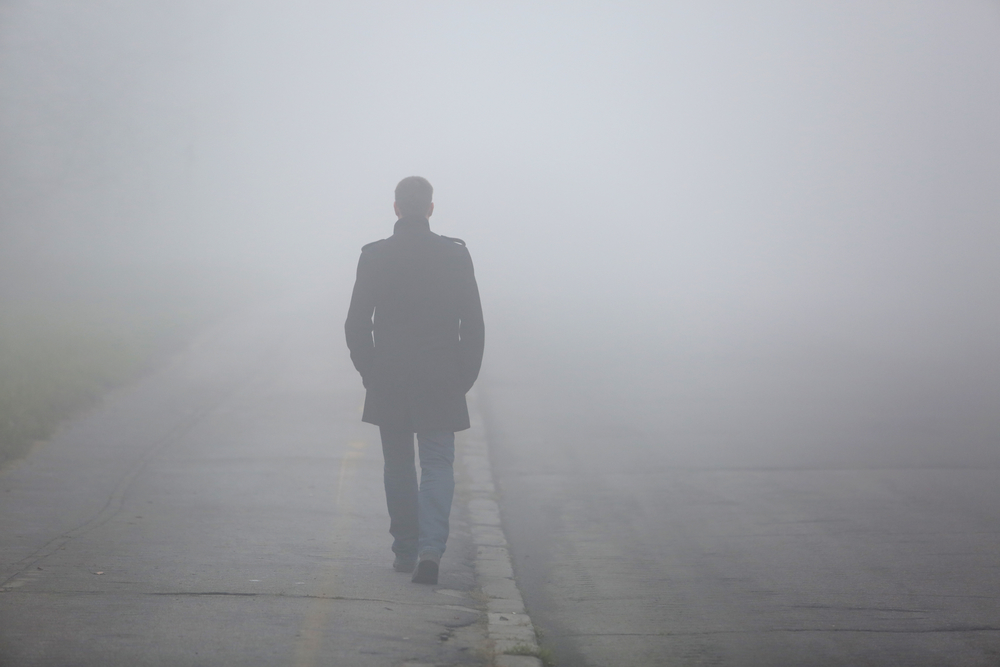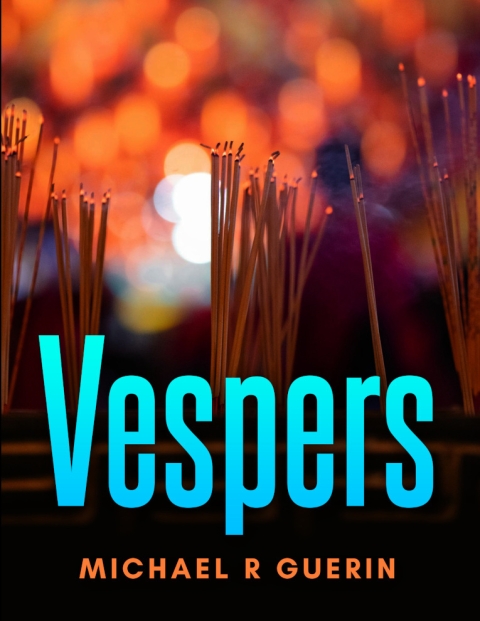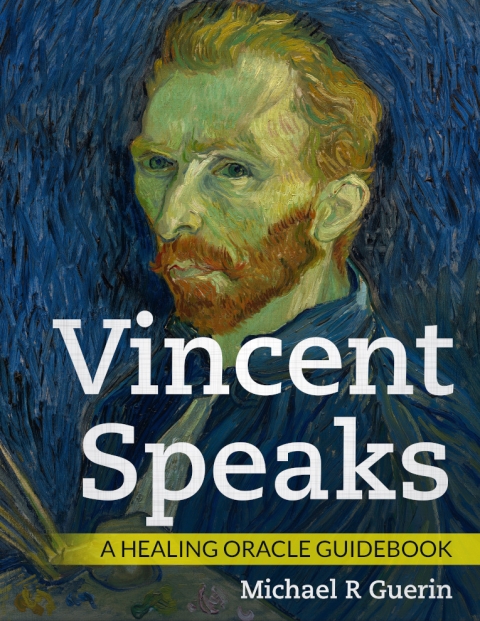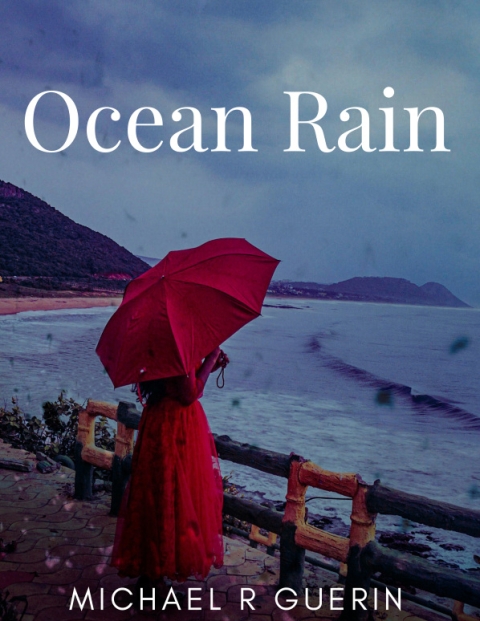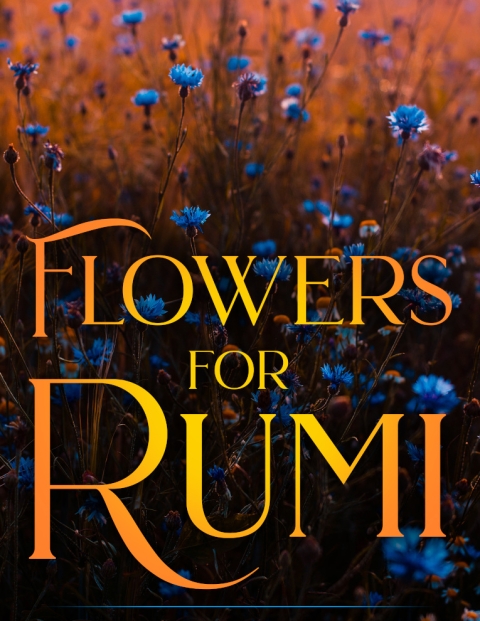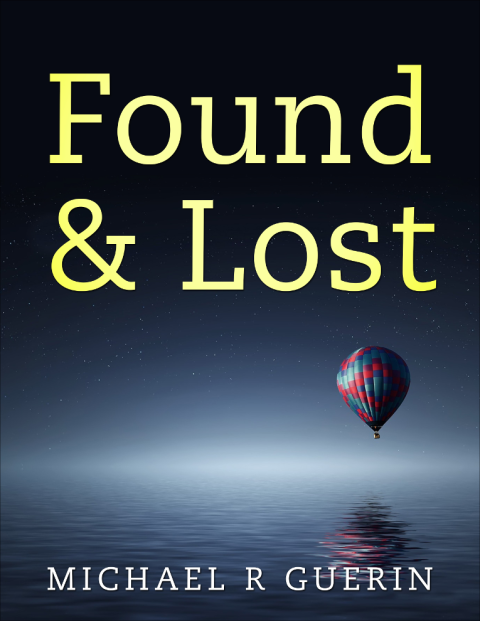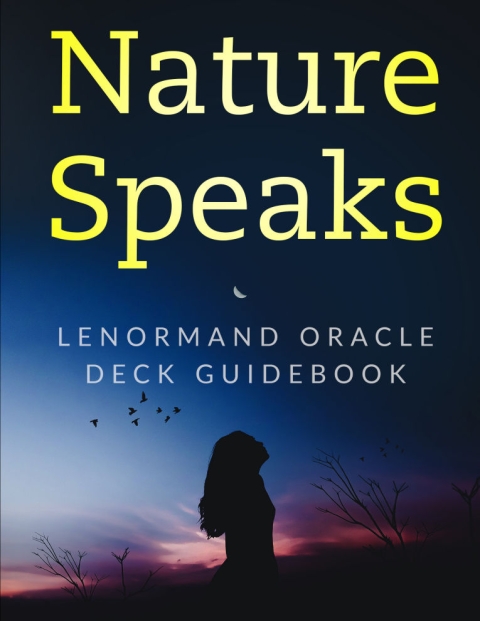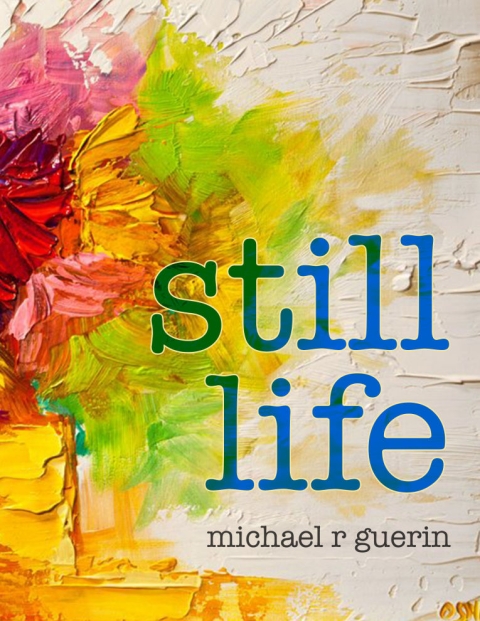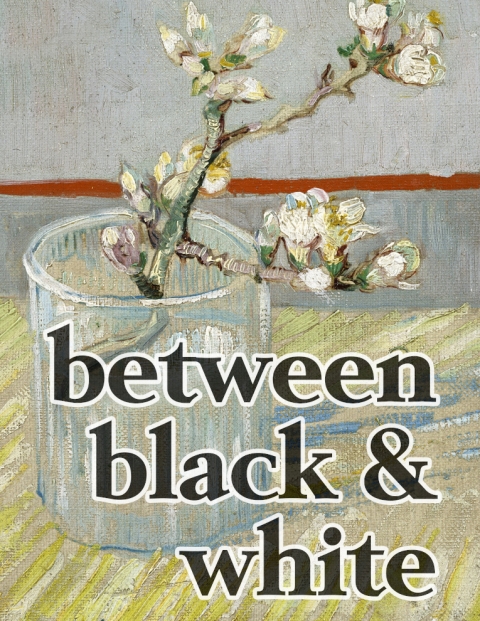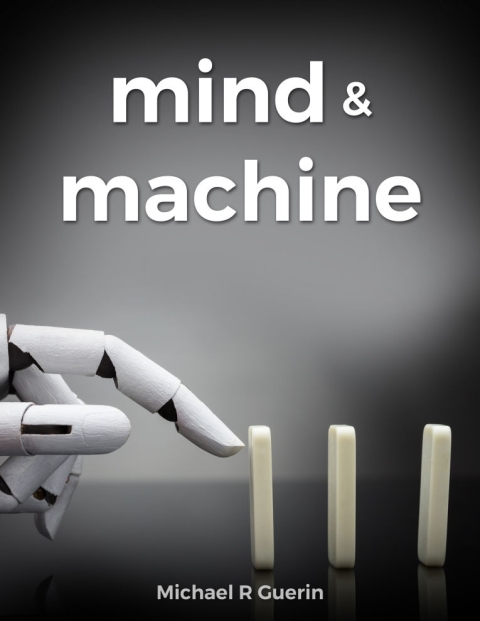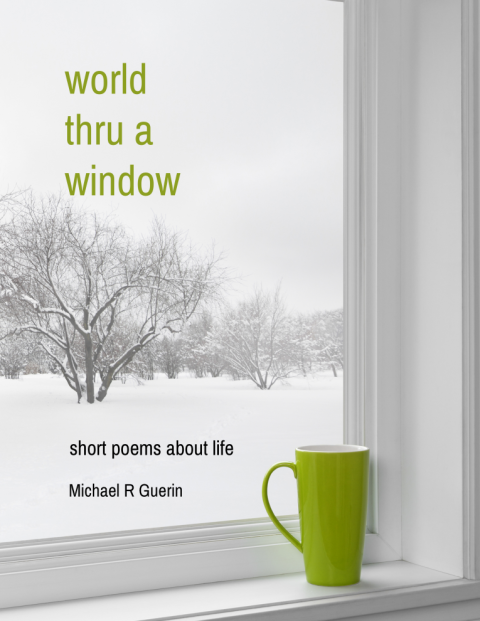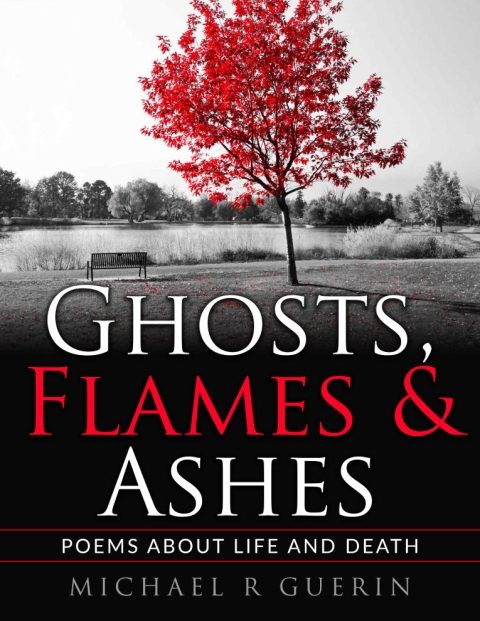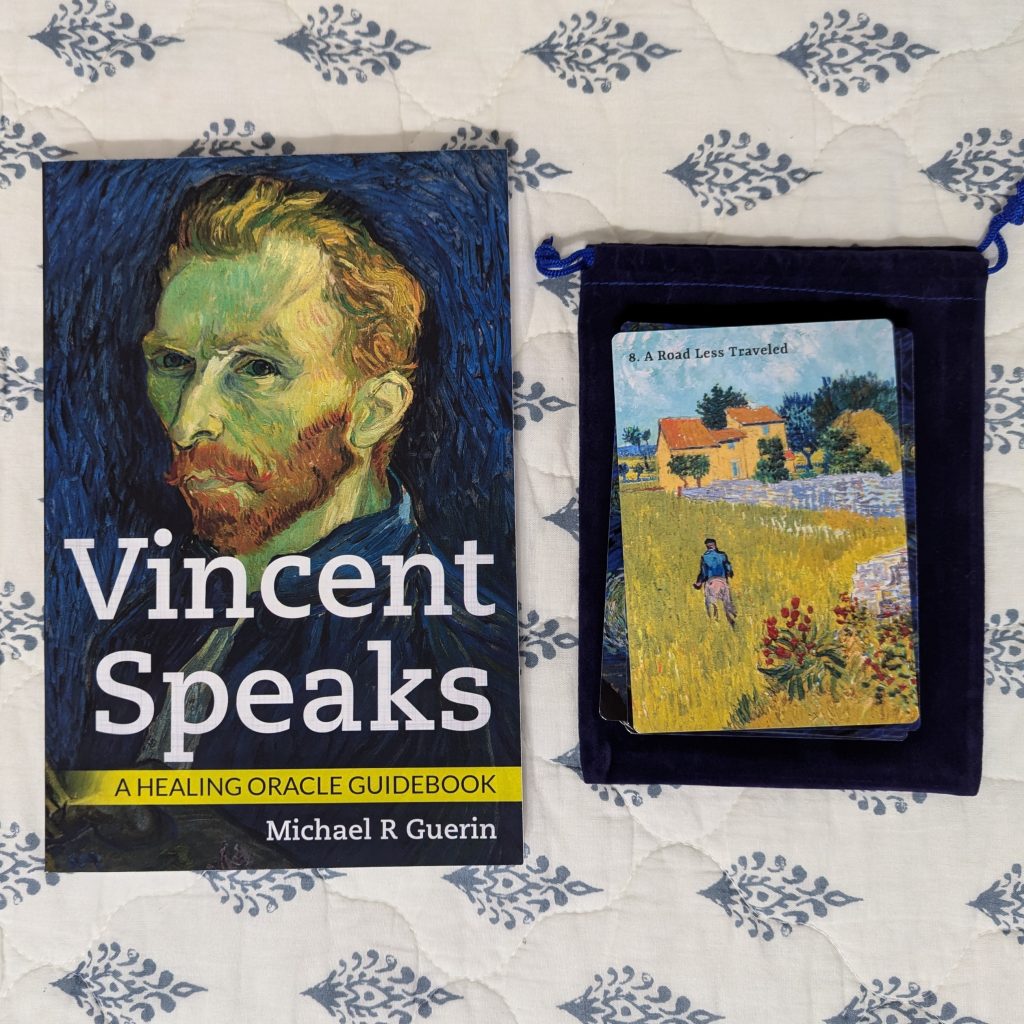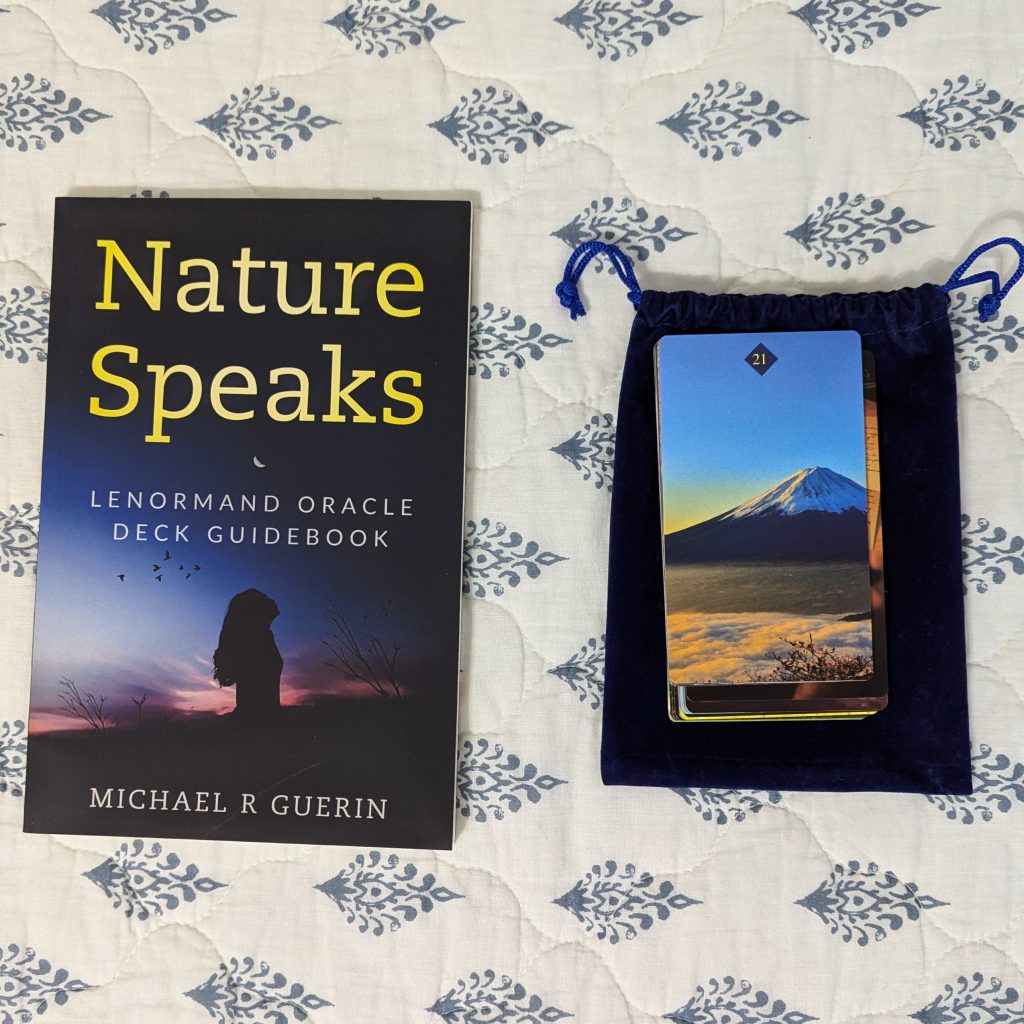What do you want?
This seems like a simple enough question. On the surface, anyway.
And yet, buried in that seemingly simple four word phrase is a tangled mess of assumptions, fears, misunderstandings, myths, ideas, conflicts, beliefs, traditions AND the reason why so many people fail to ever get (or realize, achieve, manifest) what they REALLY want for themselves… now, in the foreseeable future, or ever.
For me that simple FACT — the observation that most people “lead lives of quiet desperation” — haunts while at the same time fascinates me. Because the fact of human suffering seems to me to be, in many cases, avoidable.
Now let me ask you, have you ever wondered why so many people struggle through this life?
Maybe this topic makes you uneasy or hits too close to home.
Or maybe from time to time you think about why your life hasn’t turned out the way you hoped (or planned, dreamed) it would when you were younger and most of your life stretched out far in front of you with limitless possibilities waiting for you far out over the horizon.
Perhaps you catch yourself thinking every now and then about how you wished things had turned out differently for you?
If any of this makes a bit of sense then please consider…
Why is this the case?
Why do so many people die with the “song still in them” as Thoreau so artfully and accurately noted all those years ago?
THIS is what we are going to explore.
Together. Because “those other” people we see everyday are no different from me. No different from you. No different from those who seem to be “lucky” and those who never catch a break. And that’s because people are people.
When you get down to it we are ALL essentially the same.
It doesn’t matter about your background, your upbringing, your individual and unique circumstances — none of these factors are the real reason(s) why things work out for you or never seem to go your way.
And though it APPEARS to be true (on the surface, anyway) that some people lead “blessed” lives while others struggle along as if they are “cursed” — as if they are being punished for past transgressions or sins like some poor hamster doomed to endlessly run on some karmic wheel — the REAL cause for happiness or misery lies within our grasp and not in the hands of an unseen creator doling out random “rewards” and “punishments.”
So let me ask you again — what do you REALLY want for yourself in THIS life?
Now, maybe you don’t see HOW your personal answer to THIS question actually shapes the direction your life will take starting from today (or the day you actually answer it, authentically) with respect to what you want for yourself in the immediate and distant future.
But the fact of the matter is that asking the right questions, to yourself, and working out an answer that resonates with you is the first step.
After all, the point of asking this question is not to illicit an answer from you. I don’t need or want you to answer me for the simple reason that I’m not your teacher, guru, priest, minister, parent, life coach or guide. Furthermore, you don’t have to answer for anything you’ve done with your life up until now, nor do you have to defend or justify yourself to me, to yourself or to anyone else for that matter.
So why ask such a pointed (and seemingly pointless) question?
Because when it comes to living abundantly you simply cannot attain THAT which your heart desires if you don’t “dig deeper” into what you really want for yourself.
You have to be willing to step out of your comfort zone. And if you never question your assumptions about what it means to live this life and why you are here then you will never be able to experience the “magic and mystery” that literally surrounds each and every one of us living on this earth, surrounded by so much beauty and so much love available to you right here, right now.
After all, your life will never be bigger than your thoughts, ideas or beliefs about what life could possibly be like for you or what you are able to envision for yourself. Your life will never be bigger than the limits of your thoughts or imagination.
“The world of the happy is quite another than that of the unhappy”
~ L. Wittgenstein, Tractatus Logico-Philosophicus
And that’s the key point for you to hold onto right now.
Because the reason for asking you the question is to get YOU to start asking YOURSELF this question. After all, what do you REALLY want?
And it’s totally okay if you don’t have an answer for yourself yet, or one that you can reasonably “hang your hat on” as the saying goes. It often takes some real “soul-searching” and effort to formulate an answer, and one that will be worthy of INVESTING your time and energy into achieving as well.
As you can see, it’s not about coming up with just ANY answer.
Rather, it’s about coming to a realization that lies at the ROOT of the BEGINNING of an answer that makes sense to you now, of discovering what works FOR YOU from moment to moment each and every day of your life. In other words, you need to give some ATTENTION to THIS question and how it relates to your life. And not an abstract life or “ideal” life, either, because what we are talking about is your actual life as you experience it and live it day in and day out.
Okay?
What’s more, the root of THIS problem (believe it or not) — i.e. the fact that most people don’t get what they want and subsequently lead lives that are less than fulfilled if not down-right miserable — depends on HOW you respond to that question. Not once. But every single day of your life.
That’s your “response-ability.”
Punishment or paradise?
Is living in the here and now, i.e. your life, something to be enjoyed?
In other words, do you believe that you are here to live fully, freely, abundantly? After all, if this is the only life we get (or at least, the only one we can focus on at the moment) shouldn’t we be living it to the fullest?
To put it another way, is our life supposed to be a punishment or a paradise?
Now, the truth of the matter is that how you FEEL about this question and the answer you BELIEVE to be true will depend upon a number of ideas and assumptions that you essentially inherited as part of your upbringing and education, many of which (most?) were never called into question or evaluated by you as you became older.
Which means, what you believe to be true will depend on a number of factors that have nothing to do with your conscious CHOICE.
Like how you were raised. What you were taught. Which tradition and culture you grew up in. What your parents and grandparents believed to be true and shared with you. How you were taught to think. What you were educated to consider as “normal” and “moral.”
In other words, just about everything you THINK is “true” comes down to what you were taught at home, at school, in church (or other religious institutions) starting when you were just a baby. This is the basis of how all children are raised, and taught. Additionally, most (if not all) of that social and cultural “inheritance” was passed on to you as a “gift” and something to be treasured and, in turn, passed down by you to others. Which means, your ideas are the collected and collective “wisdom” of people who, for the most part, were raised and educated in exactly the same way.
Furthermore, there’s a good chance that you were never encouraged to question this “wisdom.”
In fact, a fairly standard definition of a “fool” is someone who “acts unwisely or imprudently.” So the very act of doubting or calling into question the accepted truths of your “elders” is seen by most people as “foolish.”
Which simply means that you were raised and taught a number of “truths” based on whatever tradition you happened to be born into, and one fairly common “rule” that all children are taught early on is to “respect your elders.” This means that BOTH the source of your instruction (i.e. teachers) along with what you were taught (i.e. wisdom) were given to you as something to be revered as “absolute” truth. Which means that your education was based on the principle of recognizing and maintaining the status quo.
With this in mind it should come as no surprise why so many people have led (and continue to lead) “lives of quiet desperation,” as Thoreau rightly pointed out.
Because human suffering IS the status quo.
And the status quo, the “way things are,” is not something to be questioned, by your or anybody else for that matter according to this worldview. Rather, you have been taught to “accept things the way they are.” So why do we simply accept the status quo AS IS and simply accept an interpretation of life that how things are is how things “should” be?
Look around you. Listen to other people.
You’ll find that for most people the way things are is the NORM. In other words, the way things are is simply the way things “should be” as an inescapable “fact” of life.
What’s more, traditional “wisdom” based on ancient religious texts have permeated and saturated our world-view, seemingly allowing for only ONE of two “solutions” to the problem of human suffering:
- This life is a “test” or “battle ground” where you have to be “purified” in order to reach heaven where / when you can FINALLY enjoy an abundant existence. But only after you “earn” it in this life (through right action and / or belief) and get “rewarded” in the next.
- This life involves suffering because of YOUR desire. So get rid of desire and you’ll get rid of suffering. Transcending desire becomes the path to enlightenment / nirvana.
According to the first “approach” you a basically told (or taught) that this life sucks anyway, but if you’re a good girl or boy you’ll EVENTUALLY get a really awesome amazing “afterlife” where all the good things you always wanted (but couldn’t or didn’t get) will FINALLY be yours. So suck it up (or “offer it up”), stop complaining and just put up with your misery because “life sucks and then you die” as the saying goes.
For the second “option” you are told that the problem is basically you.
Stop wanting “stuff” and then your life won’t suck so badly. Lower your expectations to zero. Once you do that you’ve reached enlightenment, or whatever you want to call it, by becoming unattached to anything and everything. Which amounts to living like (and acting like) you’re dead already.
In either case you’re not left with much of a life, right?
It seems that the only choices available to you are to simply accept that your life is supposed to be miserable, or that misery is the norm BY DESIGN, or that life is ONLY miserable for you because you actually want to enjoy it and enjoy it NOW, as in the “here and now.”
And what’s more, both “answers” to the question (or problem) essentially tell you that abundance, prosperity, and simple human happiness must be postponed or transcended altogether. That you either get your “reward in heaven” or you “grow spiritually” so that your desires fade, burn away or simply die out.
Which amounts to either waiting until you’re dead to finally start living, or to start living like you’re already dead.
But is this “wisdom” actually true?
Now, mind you, people pass along this “wisdom” AS IF the underlying philosophy behind either approach to the problem of suffering is true, as in “go to your grave” kind of truth.
I worked in ministry and hospice work long enough to hear both versions of this approach countless times. And each time such superficial “answers” to the reality of human suffering left me cold, for the simple reason that both “answers” fail to actually address the problem DIRECTLY.
Like all traditions, this “wisdom” is just something you’re supposed to accept, something handed down to you from the remote past as if all the tough questions of life have already been answered millennia ago and there’s nothing new to think about or add to the subject. As if you’re supposed to just memorize and accept these non-answers, store them away for a rainy day, and then repeat one of these “pearls of wisdom” when faced with the appropriate set of circumstances.
But let me ask you, did either of those “solutions” seem right to you?
Feel right to you? And I mean, feel right to you in the core of your being?
If you’re anything like me the answer is a resounding “no.” And that’s the point of this reflection, actually. Because what I want to share with you is that both “answers” to the question of suffering aren’t really answers at all. They are attempts at explaining away (or justifying) the status quo while attempting to make you FEEL good about the way things are without ever addressing your SPECIFIC problems, issues, concerns or questions.
In other words, common-place wisdom is designed to prevent you from questioning, from thinking for yourself.
Think about it this way… questions of human suffering and misery are never really questions in the ABSTRACT sense. Thoreau’s observation that most people live lives of quiet desperation was something he observed in his daily life, and something you can obviously still see all around you today. Despite human progress in science and medicine people are still miserable. Despite technology that easily connects distant people from around the globe most people are desperately lonely.
So where is the “progress” that people sometimes talk about?
The FACT of human suffering (and suffering in silence) bothered Thoreau enough to wonder about it, think about it and write about it. But not as some abstract, intellectual exercise. His concern was a genuine concern.
As is mine.
As is yours when you see people around you, people you love, in pain.
Simply put, when most people ask about the problem of human misery and suffering they are starting from THEIR OWN MISERY AND SUFFERING. It is real, visceral and ACTUAL pain they are concerned with. And maybe you are in pain, or things aren’t working out for you, or your life feels less than fulfilled and you begin to ask some “deeper” questions looking for an answer.
If that’s the case then the question of why some people succeed while others fail is not some abstract question at all. It’s a very real, and very important and DEEPLY PERSONAL question.
Which is why traditional “wisdom” fails to get to the heart of the matter. And, quite frankly, can never adequately answer your concerns. Because traditional wisdom is an abstraction. It doesn’t take YOU into account at all. Or the circumstances in which you find yourself. Stripped of any relevant CONTEXT to en-frame meaning or understanding, platitudes are nothing more than vague generalizations that are (supposedly) meant to guide your concrete actions in daily life and, as such, hardly warrant or deserve the label of “truth.”
Put another way, abstract generalizations can never solve (or answer) anyone’s specific problems, issues or concerns.
Why?
Because the point of intersection between an abstract principle and a specific situation that demands attention in actual, day to day living is a real flesh and blood human being who is forced to CHOOSE and ACT in response to his or her environment in light of one’s goals, dreams and aspirations — and this includes you, me, and everybody else in between.
So why is their desperation “quiet?”
It’s one thing to point out HOW so many people suffer in their day to day lives. But WHY do so many people suffer in silence?
To me there are two apparent reasons for this.
The first lies in the fact that traditional forms of wisdom as passed down through tradition and upbringing have essentially elevated the status quo as the NORM for orienting one’s life. In other words, if we truly live in the “vale of tears” then, according to this view, it doesn’t make any sense (or do you any good) to complain.
Now, I won’t go so far to say that all traditions glorify suffering. However, many religious traditions INTERPRET suffering as somehow being redemptive.
In the book of Job, for example, Job miraculously regains a happy life at the end of the story because he never lost faith in god or blamed god for his suffering, even though god was the apparent cause of all his problems in the first place according to the opening scene when god accepts a wager between himself and HaSatan. A wager, by the way, which was set up to see if Job would remain faithful once things turned against him or whether he would eventually curse god for his change of circumstances (suffering seen as a “test” of faith).
Furthermore, in Christianity the suffering of Christ is understood as redemptive, if not for Jesus personally (he didn’t need it), then for the rest of humankind. Our “freedom” (according to this perspective) is “bought and paid for” because he accepted humiliation, pain and personal suffering on our behalf.
Seen through these lenses (and there are many more across other traditions) is it any wonder why people accept their own suffering in quiet resignation?
But there is another apparent reason for the silence as well, and one that rests on internal factors rather than external. As J. Krishnamurti points out in Total Freedom:
“If you observe carefully, without prejudice, you will see that so long as there is an escape you are not solving, you are not coming face-to-face with conflict and, therefore, your suffering is merely the accumulating of ignorance.”
In other words, if our experience of suffering is the mechanism that should awaken us to start questioning our environment AND our response to that environment (i.e. the circumstances in which we find ourselves), it is also the case that our encounter with suffering becomes a moment of escape. Rather than face one’s suffering head on we turn away and lose ourselves in a myriad of distractions which focus our attention OUTWARD, rather than INWARD. One of those escapes happens to be religion, but there are many more (too numerous to list them all) including nationalism, politics, drink / drugs, sex, work, entertainment, etc.
So, either factor or both together contribute to “suffering in silence” — we don’t question our situation because we’ve become numb to it through escape, or we fail to question the status quo because we’ve accepted our “lot in life” by accepting our cultural heritage which has essentially told us to “grin and bear it.”
However, no authority can tell you what you need to do in order to live your life to the fullest.
It is, after all, YOUR life. No one can give you a step by step process for how to achieve what you want for yourself or about what will make the most sense for YOU. And anyone who tells you otherwise is a simpleton, a liar or a cheat. That’s because PERSONAL success and failure, happiness or misery is something that can ONLY be defined (and therefore achieved) by you.
On your terms.
You have to live your OWN life. A life of YOUR choosing, not some borrowed life by “trying” to live up to “ideals” and ideas that were handed down to you as some sort of guide that you’re “supposed” to follow. Which means that, at the end of the day, no one else can tell you what you need to do to achieve THAT for which you are searching, THAT which will complete you.
And this, my friends, is an absolute FACT.
Ultimately, you have to be your own guide. Your own guru. Figuring out this “stuff” on your own, for yourself. And the challenge for each one of us (you included) is to find your OWN path. That’s kind of the point.
And our challenge.
Which leads me to my final point. The primary reason why most people don’t “get” what they want in life, the reason why they lead lives of quiet desperation, is because of ignorance. Or lack of questioning. A failure, if you will, of introspection.
In other words, the vast majority of people who lead lives of quiet desperation do so because they don’t know, or haven’t discovered yet…
- WHO they are
- WHAT they really want
- WHY they want “it”
Which means that living life to the fullest comes down to a deeper understanding of YOUR IDENTITY, of DESIRE and INTENTION.
Does that make sense to you?
Don’t worry about it for right now IF your answer is “no” – or even “maybe.” That’s fine. Even normal. Just understand that “maybe” is a great place to start.
Because when you say “I know” you create a mental barrier for learning anything new. You essentially stop yourself from admitting the possibility of being wrong, and therefore, refuse to question your beliefs. You are, in essence, closing your mind and refusing to accept any “new” information as possibly true. So the phrase “I know” is really a defense mechanism, a way of diffusing a challenge and dismissing something that you don’t want to look at or don’t feel comfortable looking at closely.
Which means, certainty is a problem that needs to be overcome.
Certainly based on “knowledge” or “truth” is rooted in the past, or on some expected future, but not the NOW. It is based on what WAS (or what you thought was the case) and not on what IS.
And therefore, certainty is something dead. Lifeless. When you’re very sure of something you’re not open to anything.
Admitting the possibility of being wrong OR of not knowing something is the beginning of real wisdom. And insight. Into yourself and by extension into the world in which you find yourself, for good or ill. So what I’m asking of you as we work through these questions together is to neither reject what you read here nor blindly accept what I have to share, either.
All I’m asking is for you to let a little doubt shine in, because the “benefit of the doubt” is a great place to start.
* The yang card (#28) comes from the Nature Speaks Lenormand Deck. To get your own deck of cards please click the link.